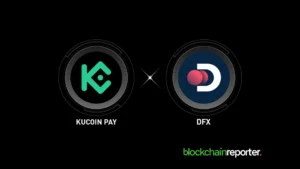
Background of the Dispute
Ripple Labs has voiced its disagreement with the recent decision by the Securities and Exchange Commission (SEC) to pursue an interlocutory appeal following a summary judgment order. This ongoing battle, which commenced in 2020, has significantly impacted the cryptocurrency domain.
Stuart Alderoty, Ripple’s Chief Legal Officer, made the company’s stance clear on the platform once recognized as Twitter, stating, “Ripple stands against the SEC’s interlocutory appeal proposal. No exceptional conditions exist in this case that should allow an appeal before all involved parties have addressed all issues.”
The origin of the conflict dates back to 2020, with the SEC alleging that Ripple unlawfully raised $1.3 billion through XRP sales, claiming the asset to be an unauthorized security. The SEC also pressed charges against Ripple’s CEO, Brad Garlinghouse, and co-founder, Chris Larsen.
Recent Judgements
In a recent judgment, U.S. District Judge Analisa Torres discerned that certain XRP transactions by Ripple, known as programmatic sales, were compliant with securities laws due to the existence of a blind bid process. This declaration was welcomed with enthusiasm by the crypto enthusiasts, triggering a rise in XRP’s market value.
However, Torres also determined that several direct token transactions to institutional entities were indeed securities, resulting in a partial victory for the SEC.
The SEC’s Pursuit of an Appeal
The SEC recently indicated its intent to contest its partial setback in the continuing Ripple Labs case. During its announcement in the Southern District of New York, the SEC unveiled plans to request an interlocutory appeal.
Basing their argument on a precedent involving Terraform Labs, where a judge refuted Torres’ methodology, the SEC believes an interlocutory examination is justified. The regulatory body aims to contest the verdict concerning programmatic sales and “other distributions”, which include XRP exchanges for goods and services.
What Lies Ahead
For the appeal to progress, the SEC must first obtain the green light from the United States District Court Southern District of New York, followed by an affirmation from the court of appeals. If these conditions are met, the final decision rests with the Second Circuit, which will determine the fate of the interlocutory appeal.









